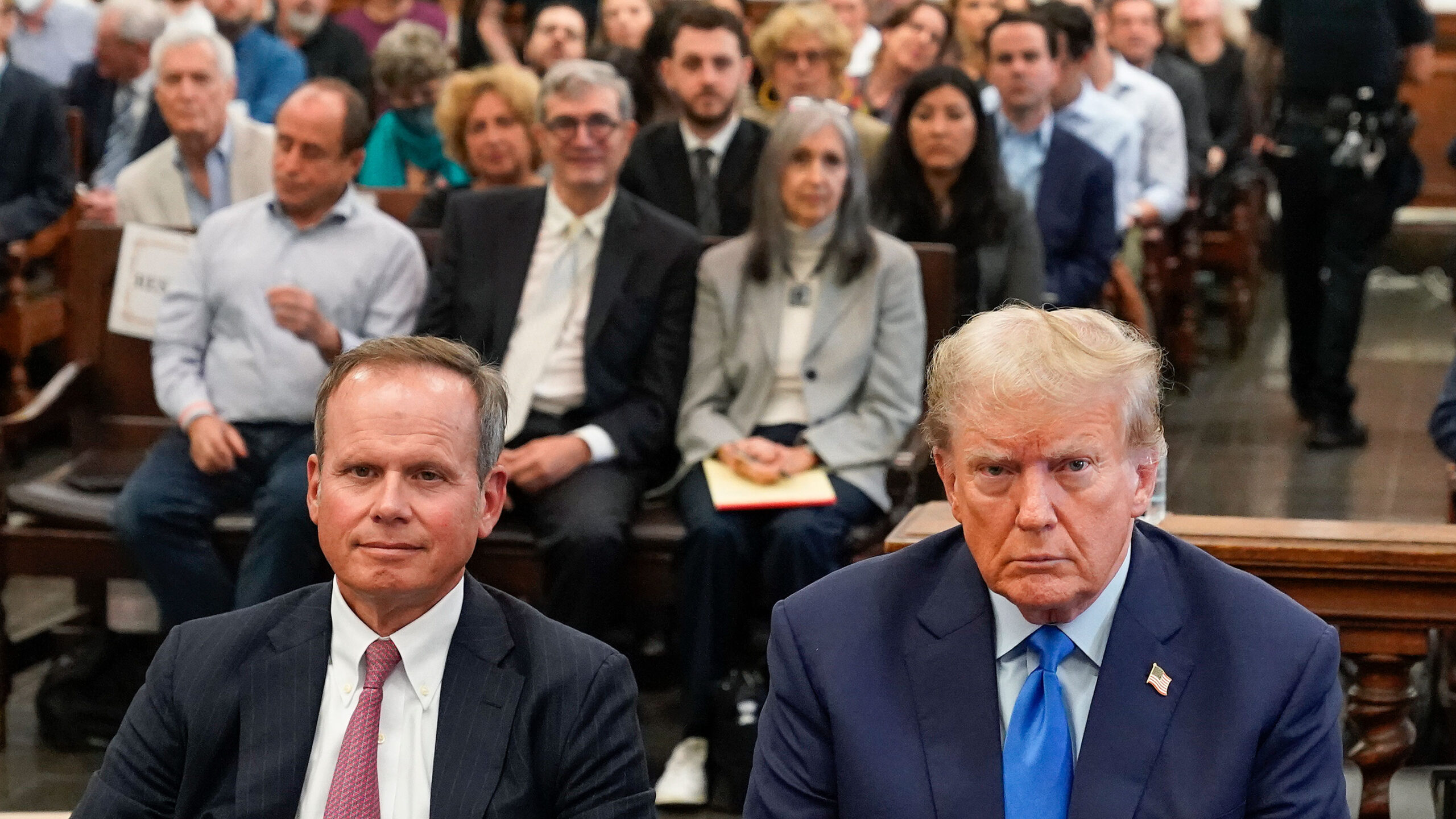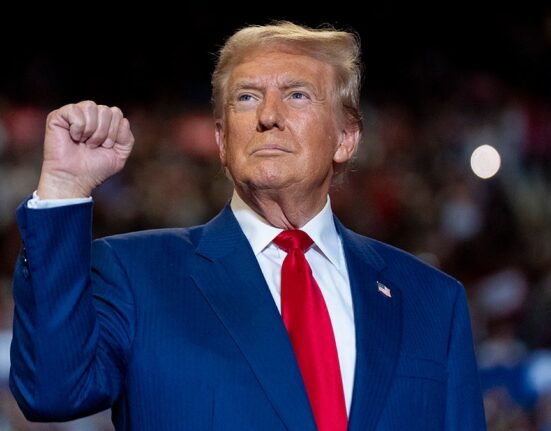Amidst the backdrop of global economic tensions, President Trump has announced that the United States will commence discussions with China this week regarding the potential acquisition of TikTok. The popular social media platform has been at the center of a contentious debate surrounding national security and user data privacy.
The proposed deal involves the sale of TikTok’s American operations to a US-based company, which aims to address concerns raised by the Trump administration about Chinese ownership of the app. This move comes after weeks of speculation and regulatory scrutiny over the future of TikTok in the US market.
In a statement, President Trump emphasized the significance of these negotiations, stating,
“We are looking at TikTok. We may be banning TikTok,”
underscoring his administration’s commitment to safeguarding national interests in cyberspace.
Experts suggest that such a high-profile deal could have far-reaching implications for tech diplomacy between the world’s two largest economies. With technology increasingly becoming intertwined with geopolitics, agreements like these carry significant weight beyond just commercial interests.
John Smith, a tech industry analyst, shared his insights on the matter, saying,
“The negotiations between the US and China over TikTok represent a pivotal moment in how countries navigate issues related to data security and digital sovereignty. The outcome will likely set a precedent for future collaborations in this space.”
As talks get underway this week, stakeholders from both sides are closely monitoring developments as they unfold. The intricate nature of these discussions underscores not only business considerations but also broader geopolitical dynamics shaping international relations in an interconnected digital age.
The evolving landscape of technology governance demands innovative approaches to balancing economic opportunities with national security imperatives. As governments grapple with regulating cross-border data flows and protecting critical infrastructure, initiatives like these negotiations underscore the complexities inherent in managing digital ecosystems effectively.
In conclusion, as negotiations progress between the US and China regarding TikTok’s future ownership structure, there is much at stake beyond just commercial transactions. The outcome is poised to shape how nations collaborate on technology governance issues while navigating intricate geopolitical landscapes defined by digital innovation and cyber threats.









Leave feedback about this